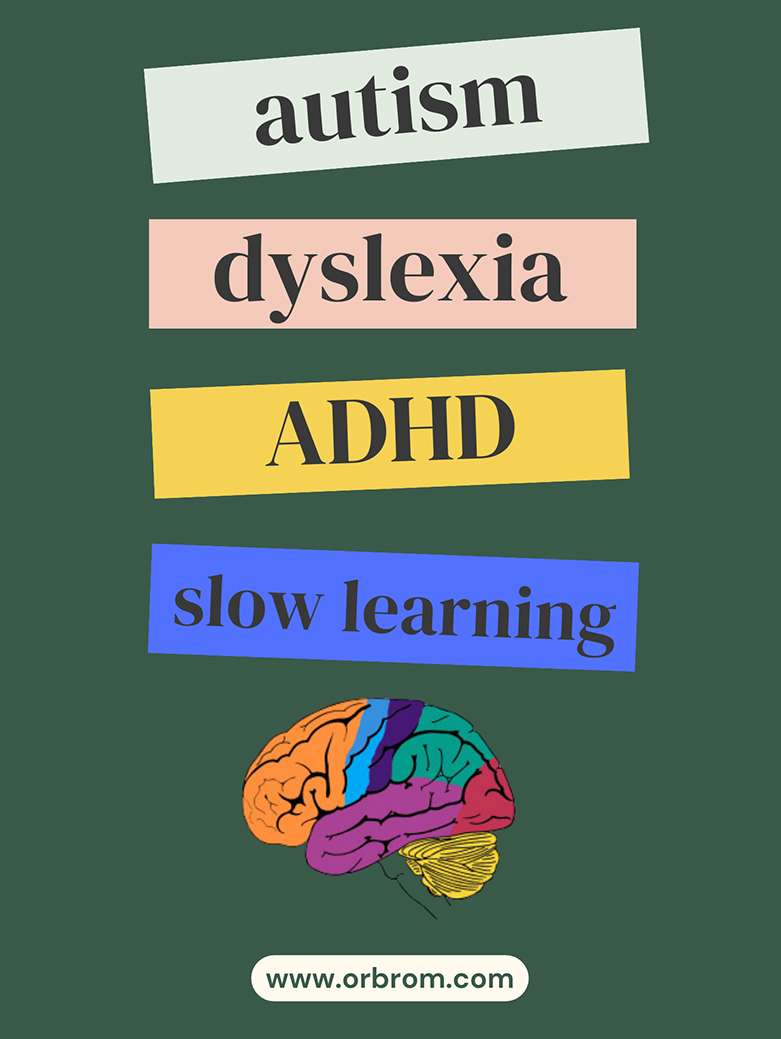Cambodia’s education system navigates a dynamic landscape. While significant strides have been made in recent years, ensuring equitable access to quality education for all students, including those with disabilities, remains a complex challenge. Understanding the current state of special education in Cambodia requires an objective analysis of progress, hurdles, and promising initiatives.
The Growing Need: Estimates suggest 10% of Cambodian children live with disabilities, a figure that highlights the growing need for dedicated support. Traditionally, special education relied on segregated settings, with a limited number of specialized schools catering to students with diverse needs.
Shifting Tides: Recognizing the limitations of this approach, Cambodia has embraced the concept of inclusive education. This philosophy aims to integrate students with disabilities within mainstream classrooms, tailoring learning methods and environments to cater to their individual needs.
Challenges Persist: Implementing inclusive education effectively requires significant resources. Trained teachers, adapted learning materials, and accessible infrastructure are crucial, yet gaps remain. A shortage of qualified special education professionals is a bottleneck, hindering effective implementation.
Promising Initiatives: Several initiatives are addressing these challenges. The Ministry of Education, Youth and Sport (MoEYS) has undertaken policy reforms, integrating inclusive education into national education plans. NGOs and international organizations offer valuable support, providing teacher training, developing resources, and promoting awareness.
Spotlight on Innovation: Technology plays an increasingly vital role. Online platforms like SpecialEducationCambodia.com offer free resources and training for parents and educators. Assistive technology tools are being piloted to bridge accessibility gaps for students with specific needs.
Looking Ahead: The road to full inclusivity is long, but there are reasons for optimism. Increased government commitment, burgeoning initiatives, and the embrace of innovative solutions all contribute to a positive outlook. Collaboration between stakeholders, robust data collection, and continued advocacy are crucial to sustain progress.
Beyond the Classroom: Addressing societal attitudes towards disability is equally important. Public awareness campaigns and community engagement are essential to break down stigma and foster an environment of acceptance and support.
Cambodia’s journey toward inclusive special education is a work in progress. While challenges remain, the commitment to building a system that caters to the needs of all students is evident. By acknowledging the realities, celebrating successes, and continuously innovating, Cambodia can pave the way for a future where every child enjoys equal opportunities to learn and thrive.








Leave A Comment